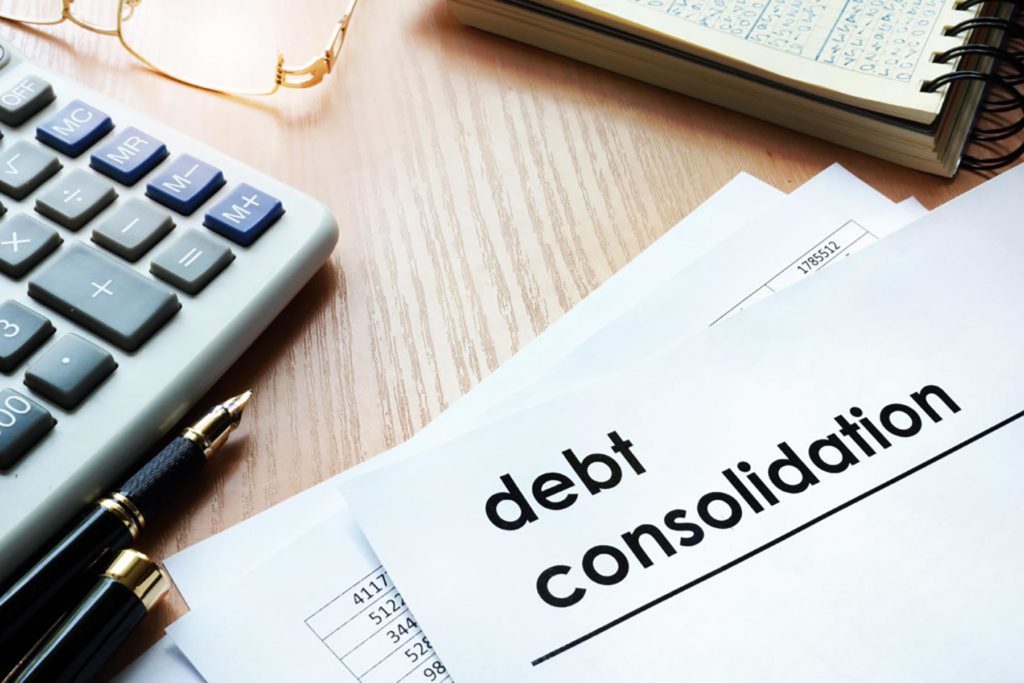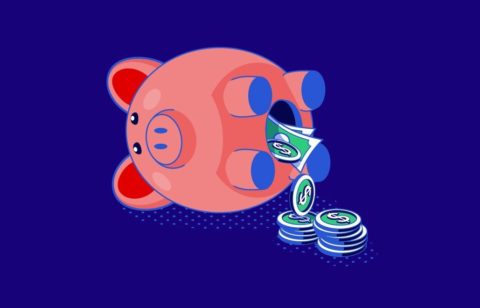If you’re struggling under a huge load of debt you’ve probably heard the term “debt consolidation.” You may even understand what it means – consolidating or combining a number of different debts into one new program or loan. And don’t get us wrong. Debt consolidation can be an excellent way to get debts under control and even paid off. But there are some big myths related to debt consolidation that it’s important you know. They are.
- Credit counselors can reduce your monthly payments by 50%
- Some agencies can negotiate lower debt management plan payments than others
- Credit counseling and debt management plans are all identical
- Debt settlement is the cheapest way to achieve debt consolidation
- If you want to get out of debt you need a formal program
- A debt consolidation loan will always save you money
- Your life would be ruined by a bankruptcy
Credit counselors can reduce your monthly payments by 50%
If a credit counselor tells you that he or she can get your debt cut in half, don’t believe it. As an example of this, suppose that you have missed two $200 payments so that the third payment due was for $600. A counselor with a debt management agency might be able to re-age that bill to get your payment back down to $200 but that missing $400 would simply be added back into the total amount you owe and you would end up paying interest on it..
Some agencies can negotiate lower debt management plan payments than others
Credit counseling agencies cannot negotiate lower payments because credit counseling does not involve negotiations. In the event a credit counselor tells you that he or she can negotiate on your behalf, it is really a debt settlement company. Debt settlement can be an effective way to get debts paid off but it is not the same as credit counseling.
Credit counseling and debt management plans – they’re both the same
This is another myth. Credit counseling is where you have a counselor who reviews your finances and helps you develop a budget and the discipline required to make steady payments each month until your debt has been cleared. In comparison, a debt management plan is just one tool in a credit counselor’s toolbox. What a debt management plan amounts to is that your counselor will attempt to negotiate interest rate reductions with your creditors to help you become debt free quicker. You will send the credit counseling agency one payment a month and it will distribute the money to your creditors until your debts reach a zero balance. Unfortunately, statistics show that only 35% of those who enroll in a debt management plan ever actually complete it.
Debt settlement is the cheapest way to achieve debt consolidation
Debt settlement does have its pluses. In fact, it’s the only way to get debts actually reduced versus just moving them to a new lender or into a debt management plan. However, it may not be the cheapest way to handle debt consolidation, depending on the debt settlement firm you choose. Some of the shadier debt settlement companies charge big fees upfront before they do anything for you. Also, debt settlement will have a negative effect on your credit score and a harsher one then a debt consolidation loan or debt settlement plan.
If you want to get out of debt you need a formal program
Nothing could be further from the truth than the idea that you need a formal program to get out of debt. You could sit down and actually develop a budget and create your own debt management plan. Many of the people who drop out of a formal debt management plan did so because they found they could handle the program themselves. You could do debt settlement yourself by contacting your creditors directly and negotiating with them to get your debts reduced.
A debt consolidation loan will always save you money
The fact is a debt consolidation loan may actually cost you more money. Here’s an example of what we mean. If a lender was to tell you that it could get you financed with no out-of-pocket costs, what it probably means is that it’s simply rolling those costs into the loan, where you will end up paying interest on them. Plus, if you get out a calculator and do the math you’ll see that most debt consolidation loans will cost you a lot more over the long run vs. simply paying off the debts yourself. This is because they typically have much longer terms.
Your life would be ruined by a bankruptcy
If a credit counselor suggests that your life would be ruined by a bankruptcy, you should probably avoid that person. Yes, bankruptcy will definitely have a negative effect on your credit score and credit report. In fact, most financial experts believe that a bankruptcy would reduce your credit score by 200 points. This could drop you from having a “good” credit score to a “poor” or even “bad” credit score. In turn, this would make it very difficult for you to get any new credit for at least two to three years. However, you may be able to get some credit though it will come with a fairly high interest rate. If you work on repairing your credit with debt consolidation, you could be almost back to normal in three to four years.
It’s also a fact that a bankruptcy will stay in your credit report for either seven or 10 years, depending on the credit-reporting bureau. But this is a case where having the stain of a bankruptcy in your credit report could be better than going without food or becoming homeless.





